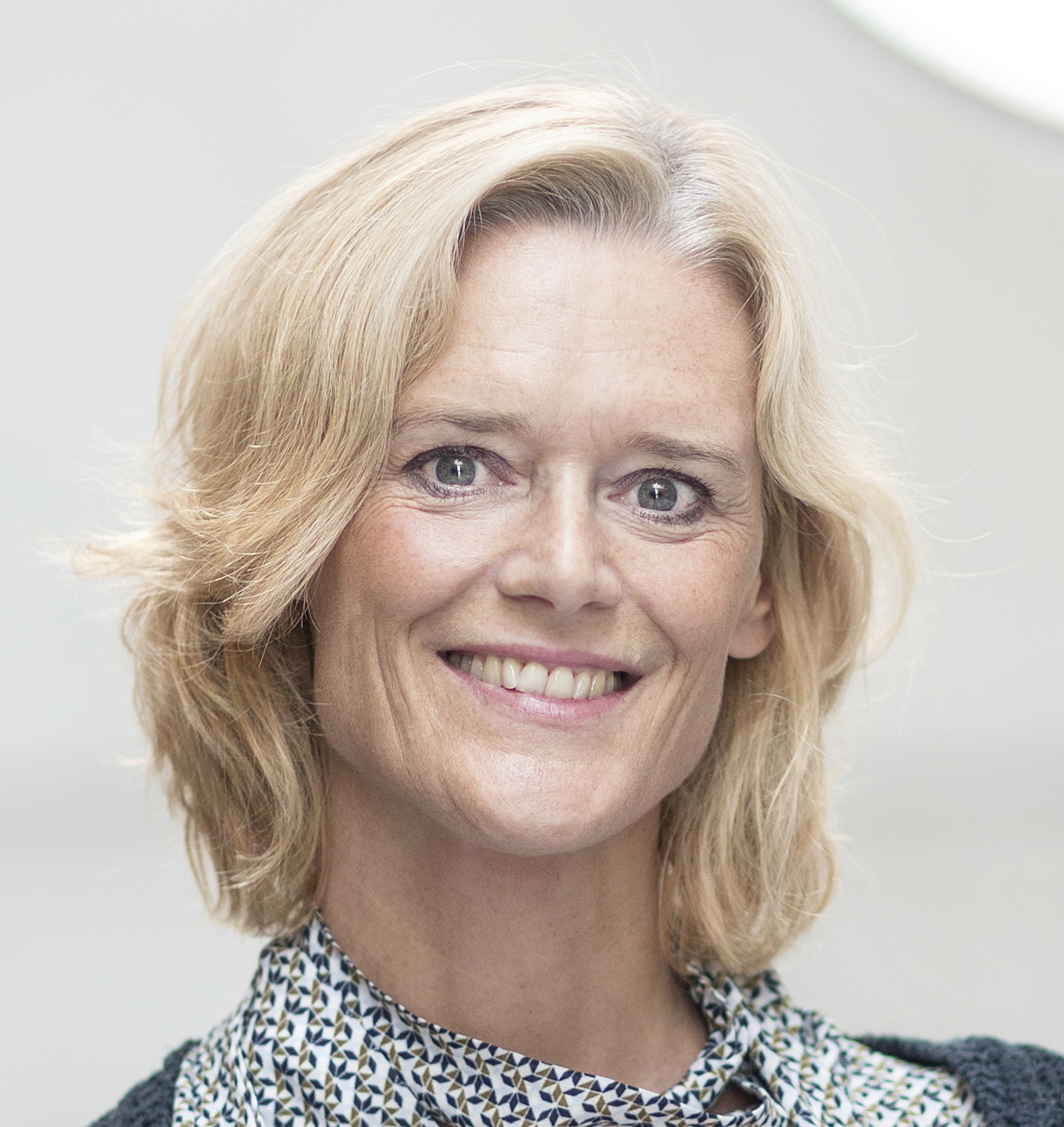Cancer tissue organization, Cell-cell signaling, Organoid models, Mutational driver mechanisms, Targeted protein degradation
Cancer mutations, Cell signaling, Targeted protein degradation
Research aim
We aim to 1) acquire a molecular understanding of how patient-derived mutations promote cancer development and progression, and 2) use our expertise and know-how in targeted protein degradation to develop improved cancer-targeting strategies.
About us
In healthy tissue renewal, a handful of signaling pathways supports the maintenance of adult stem cells. Deregulation of these pathways due to mutations is strongly linked to cancer development. Our main focus is to investigate how patient-derived mutations alter protein activity to promote the initiation and progression of cancer growth. With the generated insights we aim to uncover patient-specific disease mechanisms and develop improved cancer-targeting strategies.
We combine advanced methods of gene editing, proteomics, biochemistry, biophysics and imaging with organoid-based models to: 1) uncover the molecular mechanisms underlying the regulation of cell-cell communication and complex tissue homeostasis, and 2) investigate how patient-derived cancer mutations impact signal relay in cancer cells and 3) how the underlying molecular events affect 3D tumor tissue organization.
Our fundamental research is integrated with ongoing efforts to translate our findings into applications. We pioneered a novel technology using heterobifunctional antibodies (SureTACs; surface removal targeting chimeras) that induce cell surface removal and degradation of membrane proteins. Advantages of SureTACs compared to conventional antagonizing antibodies include reduced off-target toxicity, improved tissue specificity and the possibility to target currently undruggable proteins. With the startup biotech Laigo Bio, we aim to develop SureTACs for clinical application in cancer treatment.

